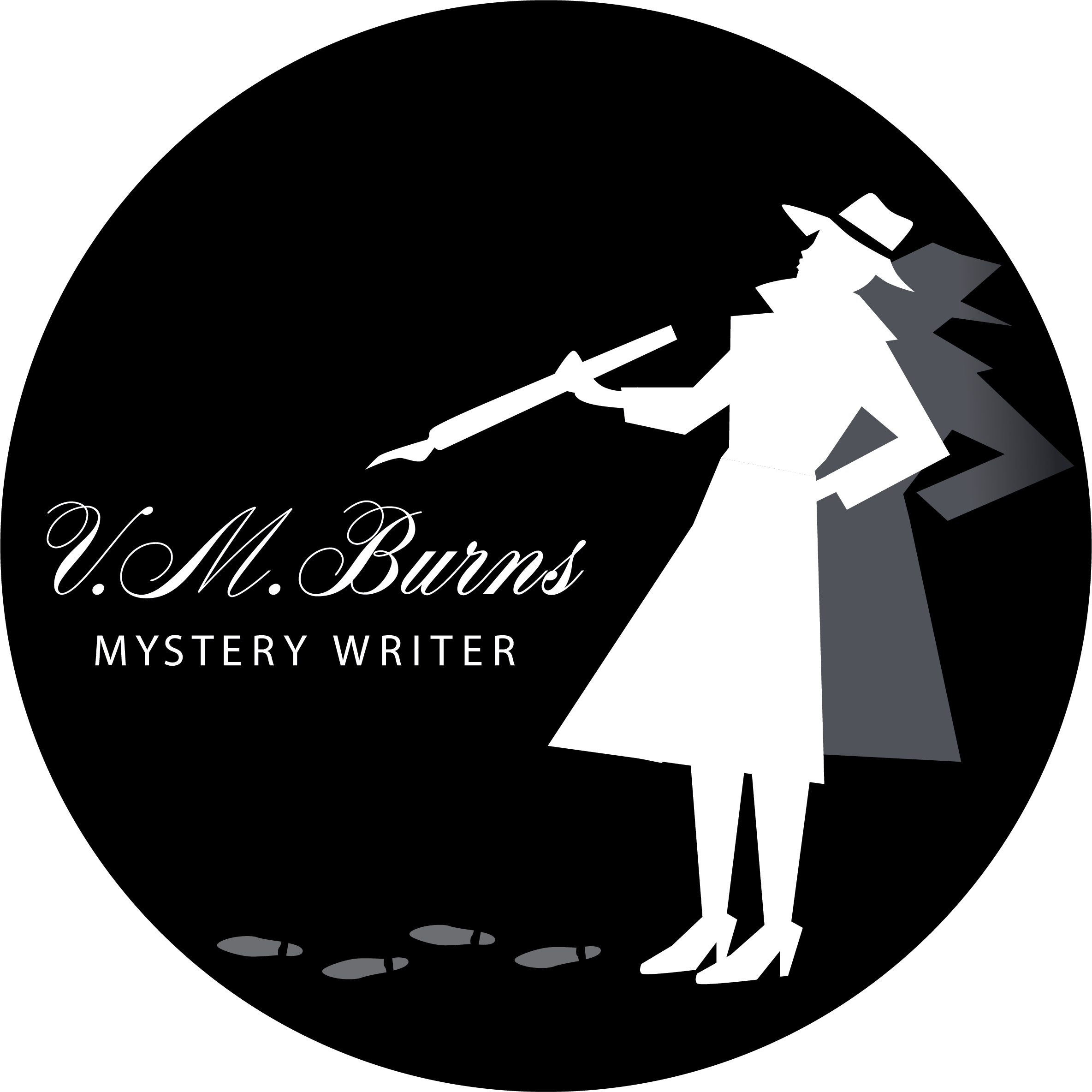I belong to several different private Facebook groups. Like Vegas, what happens in those groups stays in the group. However, a recent discussion has been weighing on my mind. I won’t violate any secrets, but the initiating incident was published on a public blog, so I consider that fair game.
A romance writer, who self publishes, recently posted that she was discontinuing a series because it was not making enough money for her to continue the series. The writer was refunding money from anyone who pre-ordered the books, which is a good thing, but several questions came out of the discussion. First, is it in poor taste for an author to whine about poor sales and, in essence, blame readers for failing to purchase. Second, whose fault is it really, if a series isn’t selling? And three, when is it time to end a series?
First, I’m not Emily Post and certainly not the authority on proper etiquette. However, discussing money is generally viewed in poor taste. But, there is a fine line between whining and stating facts. One person’s over sharing is another person’s transparency. The comments left by the author’s readers, were sympathetic, which leads me to believe they were accustomed to this level or sharing and perfectly okay with the manner in which the author decided to share along with the amount of information shared. Those who posted were, obviously readers, and therefore didn’t feel they were being blamed for poor sales. This leads me to believe the venue chosen to relay the information meant the author was merely informing, not blaming.
Secondly, whose fault is it if a book or series isn’t selling? Beats me. I’ve read posts where some authors blame publishers for failing to promote their books. I’ve read posts where publishers blame authors for not doing enough to promote the book. However, if a book is self published then the author is the publisher. The Facebook discussion mentioned two important facts. First, the author had a lot of initial success with the series; and two, the author often bragged about writing books quickly, in less than 100 hours. Taken separately, these two items might have led to a different conclusion than if the two facts are taken together. Separately, a case could be made that readers were not interested in the subject or the author wasn’t a very good writer (how else could she write so quickly). However, if the initial books were successful, readers were obviously interested in the books and the writer was probably a fairly good writer. However, the item that stood out for me was learning that an author could write a book in 100 hours. Again, lots of variables here. Was it a novella? Short story? Are we talking 30k words? Perhaps, 100 hours is the first draft and then she sends the manuscript out to be professionally edited? Whatever, I’m not a hater. I consider myself a fast writer, but I’m not anywhere close to 100 hours even for a first draft. Perhaps someday I’ll learn to plot and outline my book to the extent that I can write it in less than one week. Pigs may fly someday too, so I wouldn’t hold my breath.
Lastly, when is it time to end a series? Several of the people in the Facebook discussion thread mentioned they get bored with series. Gasp! I absolutely love series. One series I read is at book 20 and the other is at book 35. I’m seriously hoping these authors can learn the trick to writing a book in 100 hours so they can learn to push them out faster. I’m also praying they stay healthy and continue cranking out books for many years to come. I think I own every book Agatha Christie and Rex Stout wrote. And, I reread these books periodically, even though I may already know who the killer is. However, these are mystery writers and not romance. Is there a difference? Again, beats me. I have stopped reading series from time to time. Usually, that happens when the protagonist does something dumb, really dumb. Or, continues to do dumb things. I can accept dumb in the first book, but hopefully the protagonist grows up. There’s a reason I don’t read Nancy Drew anymore. Don’t get me wrong, Nancy Drew isn’t dumb. She’s brilliant. When I was a teen, I loved Nancy Drew. However, as I grew up, she didn’t. Nancy Drew and the Hardy Boys are books intended for young adults. The series follows a set of rules that insures the books will be around for teens for years to come. However, adults will likely want to move on.
I’m sad that any author is ending a series, but I believe there are lessons to be learned here. From this one, I’ve learned to stop whining, at least publicly; use the right medium for communication, do my best to make sure my protagonist continues to grow and develop. And, pay attention to the signs. I’m hopeful that my series have a long run, but if the time comes to end the series, I pray that I will have the courage to call it quits with grace and dignity.
